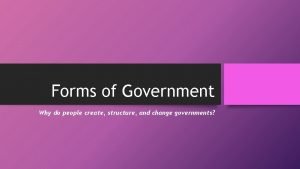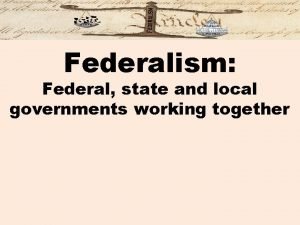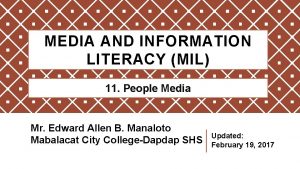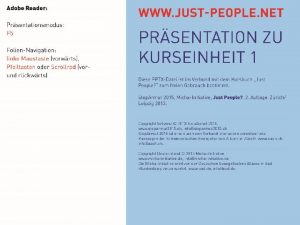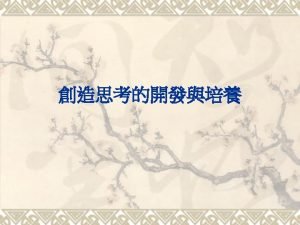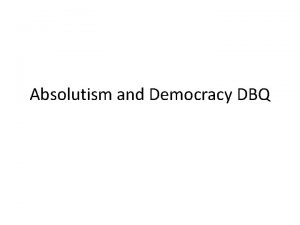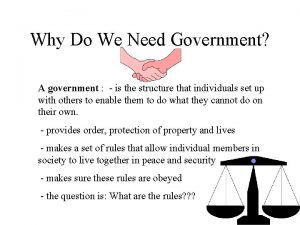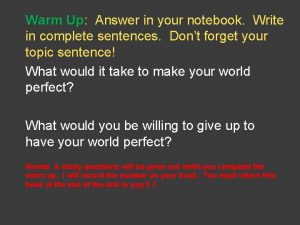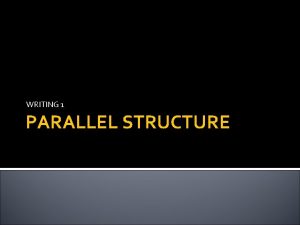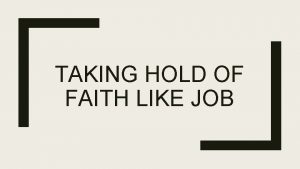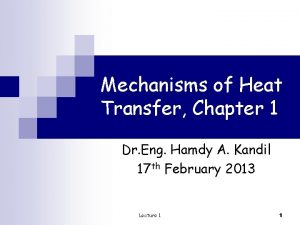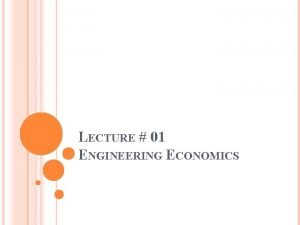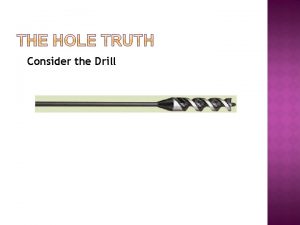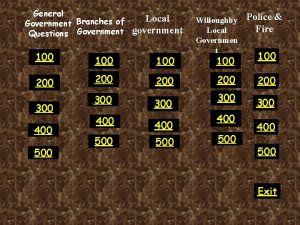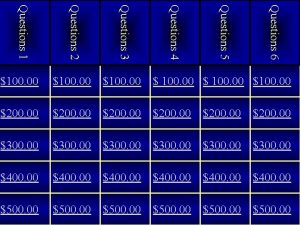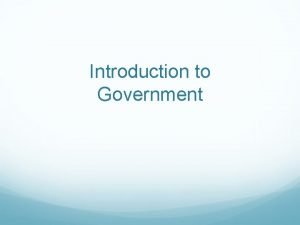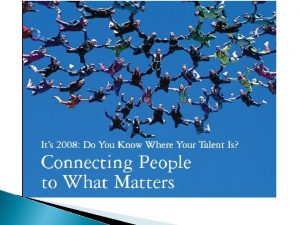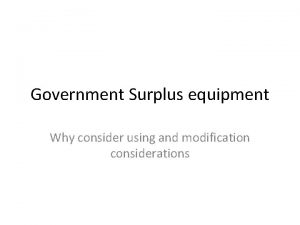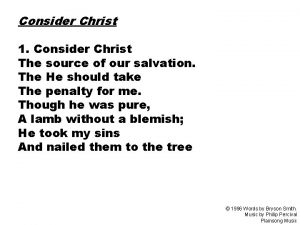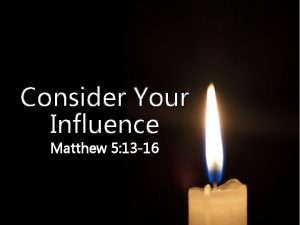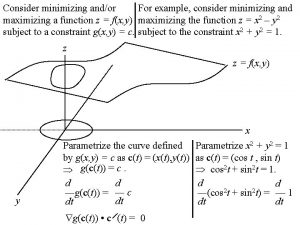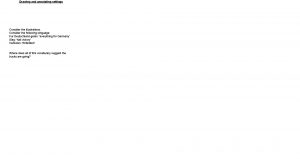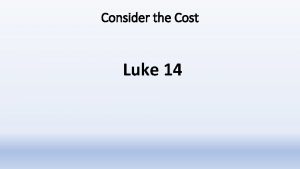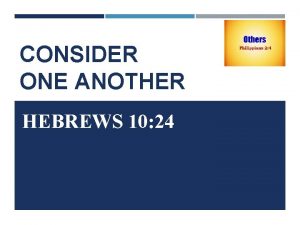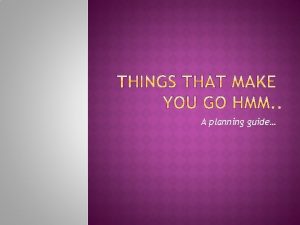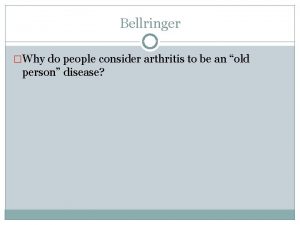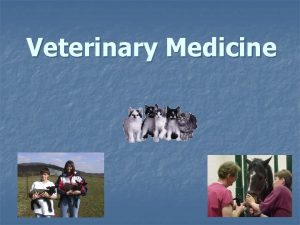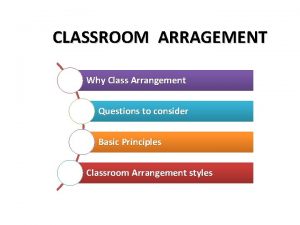WHY GOVERNMENT QUESTIONS TO CONSIDER Why do people


















- Slides: 18

WHY GOVERNMENT?

QUESTIONS TO CONSIDER… • Why do people create governments? • What purpose do they serve? • Where did we get our ideas about government?

THOMAS HOBBES What are your thoughts on Hobbes’s view of human nature? What are your thoughts on Hobbes’s view of who should govern and how they should govern?

JOHN LOCKE • What are your thoughts on Locke’s idea of natural rights? • Agree/Disagree? • Why?

COMPARING THE TWO PHILOSOPHERS… • Which do you most agree with and why?

SOCIAL CONTRACT THEORIST (HOBBES, LOCKE, AND ROUSEAU) Questions that early political theorists worked to answer • What occurred before man had a government? • What are the benefits of establishing a government? • Once the government is formed, who has power and why? • What should happen if a government abuses their power?



THOMAS HOBBES (1588 -1679) • State of nature, a state with no government (anarchy) is nasty, brutish, and short. • Man is inherently evil and focused on self preservation • In order to enhance self-preservation, people unite to form a government.

THOMAS HOBBES • The government guarantees the natural rights of life, liberty, and property. • To lead the government, there needs to be a ruler whom absolute power is invested in. • The ruler has divine right, it is by god’s command that he is ruler.

JOHN LOCKE


JOHN LOCKE (1632 -1704) • Man is inherently good and the state of nature resembles Eden • Man will leave the state of nature and join government for enhanced protection. • Also believed that life, liberty, and property were man’s natural rights. • The only way to access the rights of life and liberty is through property. (Property is the most important right)

JOHN LOCKE • If the ruler is not upholding the natural rights of the citizens, it is the citizens’ duty to revolt. • Governmental actions are decided by majority rule. • Advocated the separation of power within government.


JEAN-JACQUES ROUSSEAU (1712 -1788) • Man is inherently good, but is corrupted by other people which makes both society and the state of nature bad. • Believed in “forced freedom”. Man had to be forced to be free. Why? In the state of nature, one is not free because they focus on self-preservation.

JEAN-JACQUES ROUSSEAU (1712 -1788) • Therefore to achieve the maximum amount of freedom, man must join in a social contract. • Man must join the social contract so he can experience the maximum amount of freedom, which is why a social contract is preferable to the state of nature. • Society should be ruled by the “general will”. However, he does not specify how this should be accomplished.

 Why do people create structure and change governments
Why do people create structure and change governments Andreas carlsson bye bye bye
Andreas carlsson bye bye bye What are the three levels of government
What are the three levels of government What are the people as media
What are the people as media People killin people dyin
People killin people dyin Transformed people transform people
Transformed people transform people Justpeople
Justpeople Don't ask why why why
Don't ask why why why Dbq absolutism answer key
Dbq absolutism answer key Why was the french government bankrupt in 1787
Why was the french government bankrupt in 1787 Why do we need a government
Why do we need a government Who are america answer.
Who are america answer. In your notebook watch out
In your notebook watch out Complaints were made by teachers and administrators also
Complaints were made by teachers and administrators also Satan loves to take what's beautiful
Satan loves to take what's beautiful Consider a person standing in a breezy room at 20
Consider a person standing in a breezy room at 20 Consider all relevant criteria
Consider all relevant criteria What is infinitive verb
What is infinitive verb Advantages and disadvantages of labour saving devices
Advantages and disadvantages of labour saving devices
